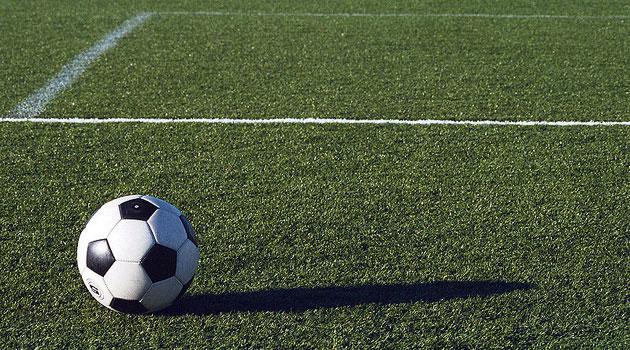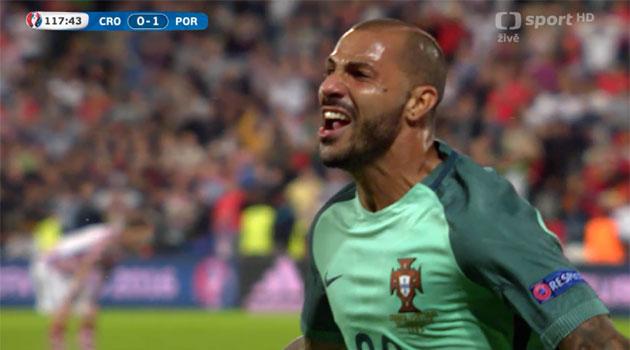Czech Republic: Romani football trainer keeps children in the ghettos away from drugs

The road away from drugs and the ghetto leads through the football pitch. Lukáš Pulko of Ústí nad Labem, Czech Republic, who has established a team called Mongaguá together with Brazilian player Rodrigo Taverna, can confirm that.
Pulko says he is both a proud Czech and a proud Rom doing his best to capture the imaginations of as many Romani children as possible so they will not descend into the world of drugs and shoplifting. News server iDNES.cz published an interview with him yesterday.
“With the aid of the ‘Say no to racism‘ campaign we want to show children and young people that sports is the right place for them to spend their free time, a place where they are welcome irrespective of their age, religious beliefs, sex, or skin color. I got the idea when watching the Champions League on television from a similar public service announcement. We created a banner that reads ‘Say no to racism’ and the clubs photograph themselves with it. The first to join was Junior Děčín, and today we also have Jablonec, Plzeň, Sparta, mainly indoor football teams, including their representations,” Pulko explains in the interview.
Pulko believes sports are the best prevention against everything that endangers children in the ghettos and on the streets, whether that be drugs, gambling, or shoplifting. “I want to keep the children busy through sports so they won’t think about drugs,” says the former player for Jablonec nad Nisou, who had to end his active career due to a back injury.
He can’t stay away from the game, however, and still plays with FC Roma Děčín today. Boys and girls living in the quarter of Mojžíř, in the apartment buildings around Matiční Street, and in the nearby residential hotels in Ústí all attend his trainings.
“Last time I had 10 girls and 40 boys at my training. I would like to take the Mongaguá team country-wide so the children could meet at the pitches
closest to their homes,” Pulo says, adding that while mostly Romani children attend his trainings, non-Roma do as well.
“Because we meet in localities like Krásné Březno and Neštěmice, 90 % of the team is Romani, but we’re open to all. The Bláhý brothers play with us, they’re blond with blue eyes, and that’s fine,” Pulko laughs.
